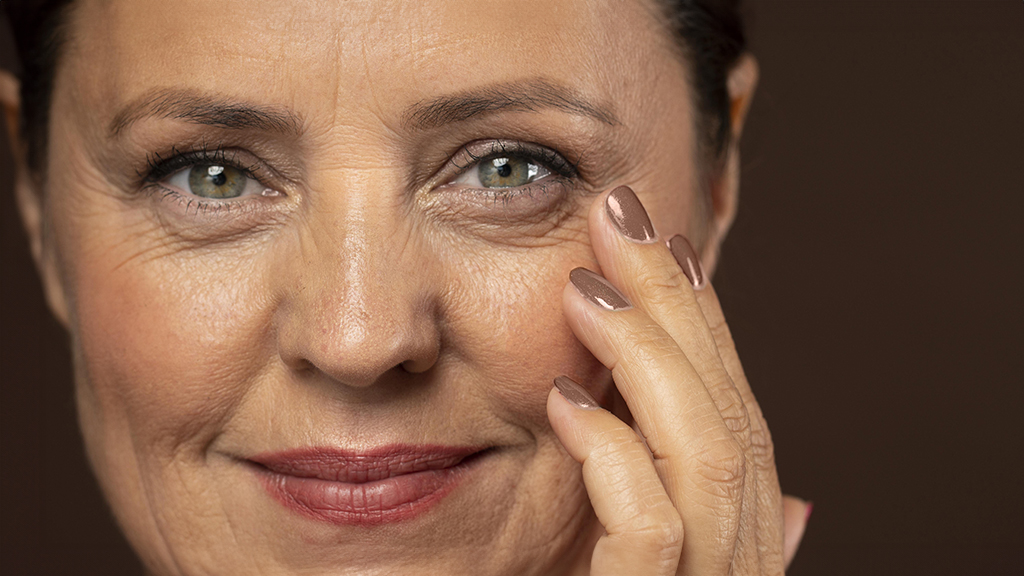TUT/TUG Flap Breast Reconstruction
For patients who benefit from reconstruction using their own body tissue, the abdominal skin and fat remains the most commonly utilized tissue to create a breast mound (DIEP flap or TRAM flap). However, if that option is not ideal due to a slender body type, or not available due to previous abdominal surgery, a more recent option is TUT Flap (Transverse Upper Thigh Flap) also known as the inner thigh flap.
Sometimes an inner thigh flap requires that a small amount of gracilis muscle be incorporated into the flap to assure the adequacy of the flap’s blood supply – such flaps are called TUG flaps (Transverse Upper Gracilis Flap). Technically TUG flaps are not perforator flaps. However, as only a small amount of muscle is included in the TUG Flap, and since the gracilis muscle is not one of the primary muscles of the leg and is not missed after a TUG Flap breast reconstruction surgery, and because functional abnormalities are not associated with its incorporation into a flap, many surgeons consider the TUG flap to be a perforator flap, even though a small amount of the gracilis muscle is included.
You are an ideal candidate if you:
- Prefer the most realistic breast shape and texture
- Wish to utilize your own body tissue rather than implants
- Have an athletic body with small amount of tissue in the lower abdomen to create the new breast or breasts
- Have had certain abdominal surgery (e.g., tummy tuck, ventral hernia repair), that preclude the use of abdominal flaps
- Have some excess fatty tissue along the upper inner thigh (thighs touching each other)
- Do not want or are not a candidate for implant reconstruction
- Have been previously radiated
- Are having immediate reconstruction at the time of skin sparing mastectomy
- Are having delayed reconstruction following mastectomy
- Require medium or small volume for breast reconstruction
You are NOT an ideal candidate if you:
- Have excess abdominal tissue favouring a DIEP flap harvest
- Have tight and skinny thighs
- Require large volume for an adequate size breast reconstruction
- Are a smoker or quit smoking only recently
- Cannot tolerate anaesthesia for long periods
- Do not wish to have a thigh-lift scar
Tissue from the upper part of the inner thigh can be used for natural-tissue breast reconstruction. Both TUG and TUT flaps can be harvested from one side or both inner thighs for unilateral or bilateral breast reconstruction. The gracilis muscle and its blood vessels carry the blood supply and allow the free transfer to the chest. The detached crescent-shaped flap allows the donor site to be closed similar to a thigh lift, resulting in a well concealed scar just below the groin crease.
As with all free flaps used in breast reconstruction, the flap is transferred to the chest area, and the blood vessels of the inner thigh flap will be connected to blood vessels at the mastectomy site using advanced microsurgical techniques. When the blood vessels of the flap are connected and the flap is seen to be receiving a good blood supply through the new channels. The crescent shaped flap is moulded by coning, giving it projection, and a rounder appearance which is superior to that created by DIEP and SIEP flaps, and gives a more natural contour to the new breast. Wounds are closed, generally with dissolving sutures. The location of the surgical scar on the breast will depend on the technique used for the mastectomy itself.
The TUT and TUG flaps may be a good choice for the reconstruction of small and medium-sized breasts. The shape of these flaps enables the moulding of breasts with especially youthful projection and shape. The procedure generally takes anywhere from six to eight hours to complete, and is performed under general anaesthesia. It is lengthy due to the precise nature of this microsurgical procedure. However, the surgical effort is rewarded by excellent cosmetic results and, as an added cosmetic benefit, patients who choose these flaps have their inner thigh reshaped. The procedure is also less invasive, resulting in less pain and faster recovery.
A few months after the breast reconstruction procedure, if it was removed with mastectomy, restoration of the nipple and areola will follow. The shape of the breast may also be refined to be more symmetrical with your untreated breast. For many patients the reconstructed breast may be firmer and have a more youthful appearance than their natural breasts.
Advantages
- Superior breast shaping and texture
- No breast implants used for reconstruction
- Short reconstructive process – wake up with the breast mound in place
- Fewer long-term complications and re-operations
- Reconstruction can tolerate radiotherapy
- No abdominal scarring or weakness
- No loss of muscle strength
- Patients choose these flaps have their inner thigh reshaped
- Can be used in immediate or delayed reconstruction
- Provides skin to replace the nipple area in immediate reconstruction to allow only a single, circular breast scar around the nipple
- Scar is placed discretely on the inner thigh near the groin crease and will be well hidden
Disadvantages
- Long anaesthetic time
- Uncomfortable recovery
- May need further small procedures to re-shape breast
Risks & Complications
All patients must understand and accept that no surgical procedure is absolutely free from risk. For further information concerning the risks and complications associated with Autologous Breast Reconstruction, please refer to Risks and Complications of Autologous Breast Reconstruction.
For details about procedures and treatments or for a consultation, advice and prices from our Dubai clinic please call +971 4 431 2396 or use our online form.


